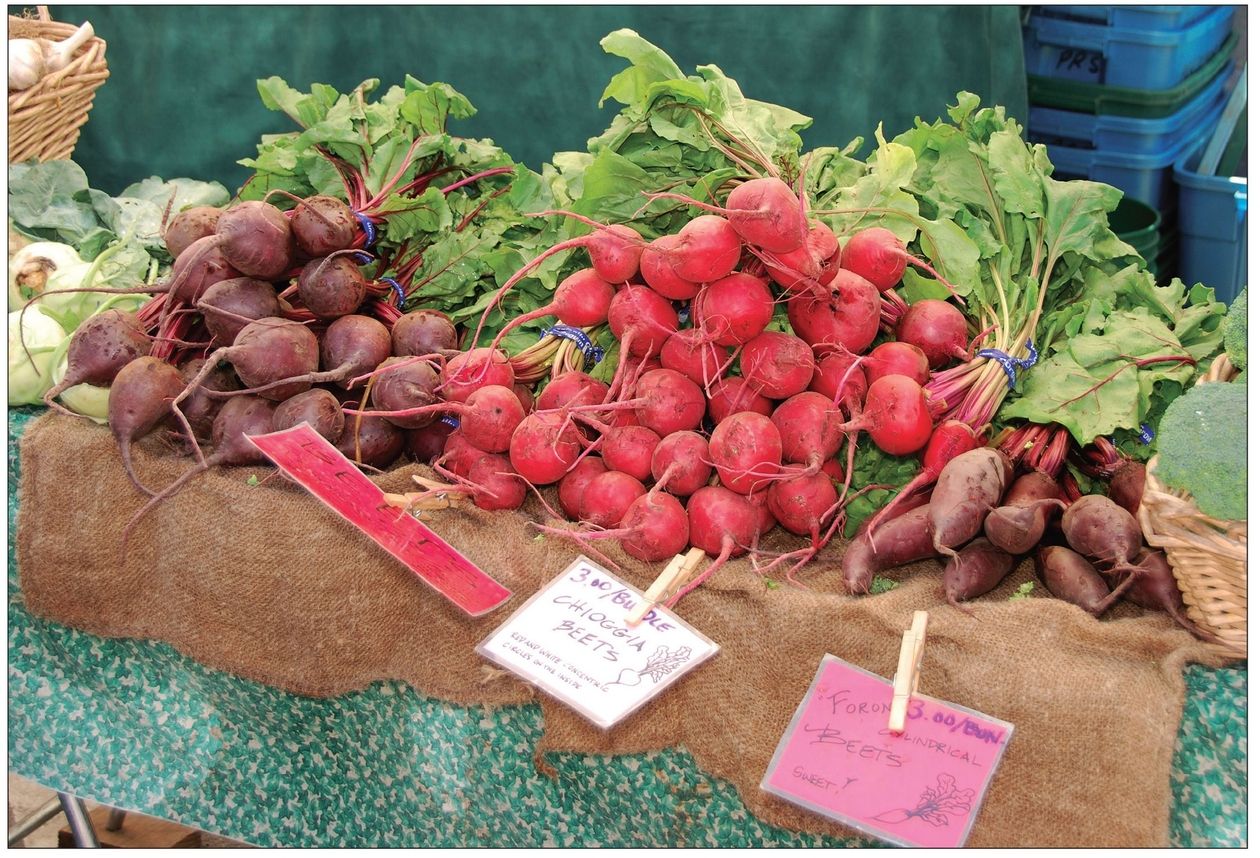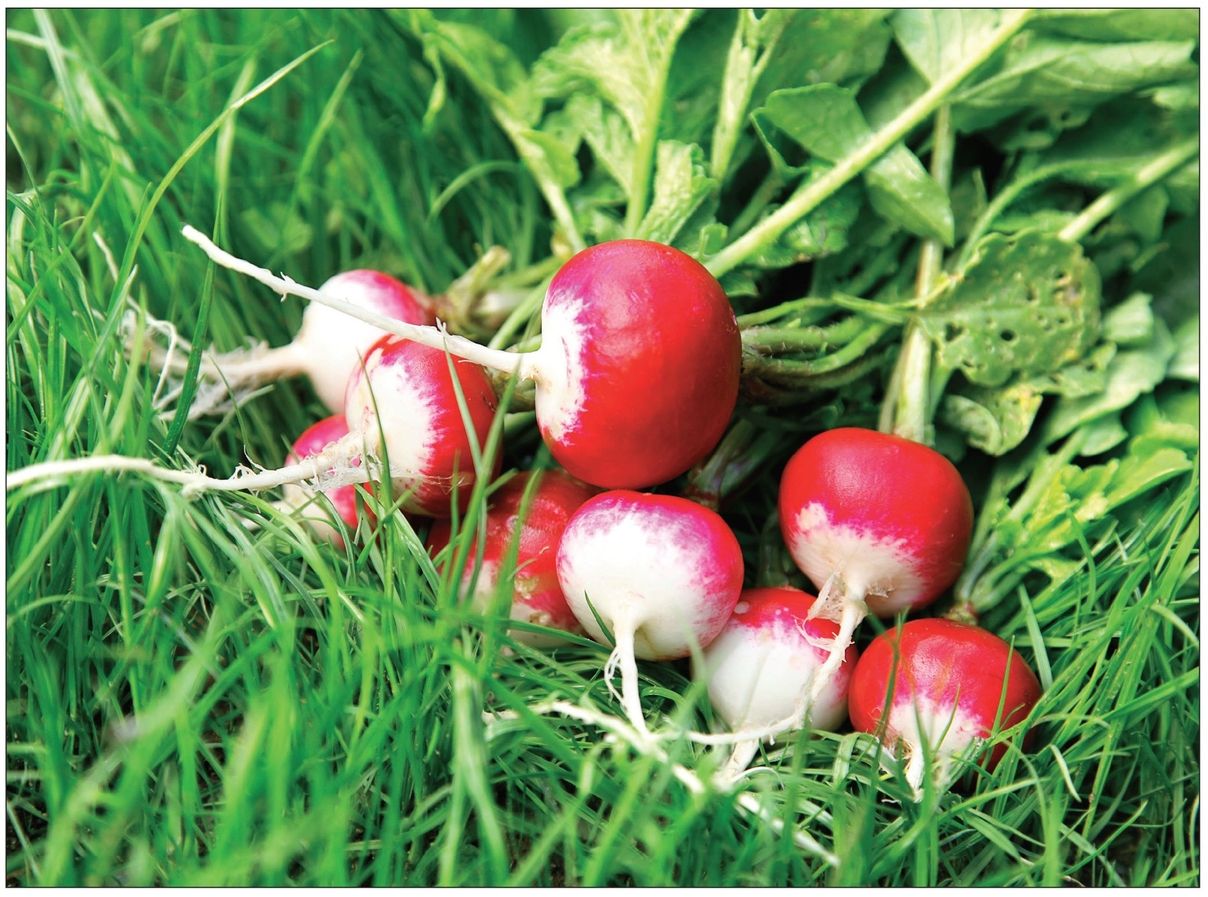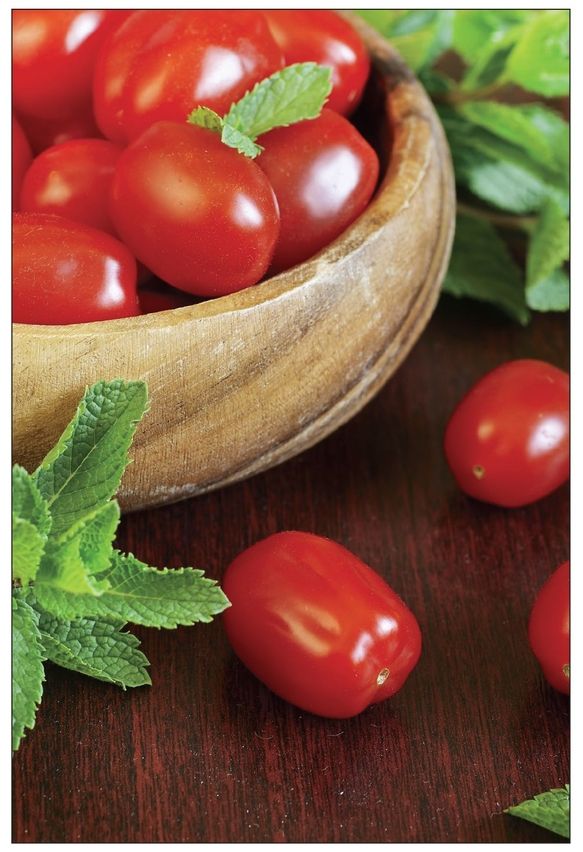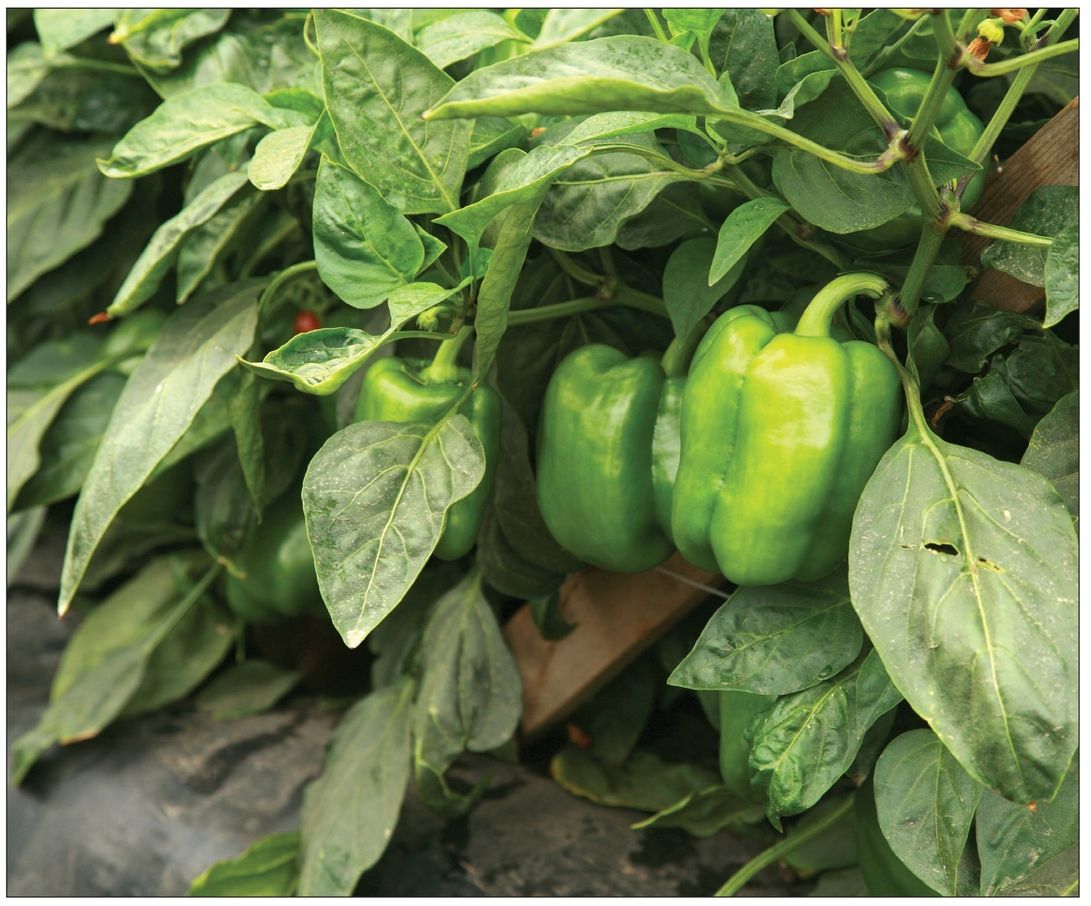Organic Gardening
“Organically grown” food is food grown and processed using no synthetic fertilizers or pesticides. Pesticides derived from natural sources (such as biological pesticides—compost and manure) may be used in producing organically grown food.
Organic gardeners grow the healthiest, highest quality foods and flowers—all without the addition of chemical fertilizers, pesticides, or herbicides. Organic gardening methods are healthier, environmentally friendly, safe for animals and humans, and are typically less expensive, since you are working with natural materials. It is easy to grow and harvest organic foods in your backyard garden and typically, organic gardens are easier to maintain than gardens that rely on chemical and unnatural components to help them grow effectively.
Organic production is not simply the avoidance of conventional chemical inputs, nor is it the substitution of natural inputs for synthetic ones. Organic farmers apply techniques first used thousands of years ago, such as crop rotations and the use of composted animal manures and green manure crops, in ways that are economically sustainable in today’s world.

HOMESCHOOL HINT
How do microorganisms in the soil affect plants?
Take a sample of fertile soil from a field or garden and divide it into two portions. Bake one in an oven at 350°F for half an hour (to destroy the microorganisms). Leave the other portion alone as a control. Plant the same number of seeds in each soil sample. Remember to treat both samples the same while the plants are growing. Make sure all the plants receive the same amounts of water and light, and are kept at the same temperature. How do the plants differ as they grow?
Next, discover how some microorganisms and plants form mutually beneficial partnerships. For example, certain bacteria make a natural nitrogen fertilizer for plants in the family called legumes, which includes peas, alfalfa, and soybeans. The nitrogenfixing bacteria are available from garden supply stores and by mail order. Grow both legumes and non-legume plants with and without the bacteria. Are there differences in how well the plants grow?
Organic farming entails:
- Use of cover crops, green manures, animal manures, and crop rotations to fertilize the soil, maximize biological activity, and maintain long-term soil health.
- Use of biological control, crop rotations, and other techniques to manage weeds, insects, and diseases.
- An emphasis on biodiversity of the agricultural system and the surrounding environment.
- Reduction of external and off-farm inputs and elimination of synthetic pesticides and fertilizers and other materials, such as hormones and antibiotics.
- A focus on renewable resources, soil and water conservation, and management practices that restore, maintain, and enhance ecological balance.
How to Start Your Own Organic Garden
Step One: Choose a Site for Your Garden
1. Think small, at least at first. A small garden takes less work and materials than a large one. If done well, a 4 x 4-foot garden will yield enough vegetables and fruit for you and your family to enjoy.
2. Be careful not to over-plant your garden. You do not want to end up with too many vegetables that will end up over-ripening or rotting in your garden.
3. You can even start a garden in a window box if you are unsure of your time and dedication to a larger bed.

Step Two: Make a Compost Pile
Compost is the main ingredient for creating and maintaining rich, fertile soil. You can use most organic materials to make compost that will provide your soil with essential nutrients. To start a compost pile, all you need are fallen leaves, weeds, grass clippings, and other vegetation that is in your yard. (See the Improving Your Soil chapter for more details on how to make compost.)

Step Three: Add Soil
In order to have a thriving organic garden, you must have excellent soil. Adding organic material (such as that in your compost pile) to your existing soil will only make it better. Soil containing copious amounts of organic material is very good for your garden. Organically rich soil:
- Nourishes your plants without any chemicals, keeping them natural
- Is easy to use when planting seeds or seedlings and it also allows for weeds to be more easily picked
- Is softer than chemically treated soil, so the roots of your plants can spread and grow deeper
- Helps water and air find the roots
Step Four: Weed Control
- Weeds are invasive to your garden plants and thus must be removed in order for your organic garden to grow efficiently. Common weeds that can invade your garden are ivy, mint, and dandelions.
- Using a sharp hoe, go over each area of exposed soil frequently to keep weeds from sprouting. Also, plucking off the green portions of weeds will deprive them of the nutrients they need to survive.
- Gently pull out weeds by hand to remove their root systems and to stop continued growth. Be careful when weeding around established plants so you don’t uproot them as well.
- Mulch unplanted areas of your garden so that weeds will be less likely to grow. You can find organic mulches, such as wood chips and grass clippings, at your local garden store. These mulches will not only discourage weed growth but will also eventually break down and help enrich the soil. Mulching also helps regulate soil temperatures and helps in conserving water by decreasing evaporation. (See the Mulching In Your Garden and Yard chapter for more on mulching.)

Step Five: Be Careful of Lawn Fertilizers
If you have a lawn and your organic garden is situated in it, be mindful that any chemicals you place on your lawn may find their way into your organic garden. Therefore, refrain from fertilizing your lawn with chemicals and, if you wish to return nutrients to your grass, simply let your cut grass clippings remain in the yard to decompose naturally and enrich the soil beneath.
Things to Consider
- “Organic” means that you don’t use any kinds of chemicals or materials, such as paper or cardboard, that contain chemicals, and especially not fertilizer or pesticides. Make sure that these products do not find their way into your garden or compost pile.
- If you are adding grass clippings to your compost pile, make sure they don’t come from a lawn that has been treated with chemical fertilizer.
- If you don’t want to start a compost pile, simply add leaves and grass clippings directly to your garden bed. This will act like a mulch, deter weeds from growing, and will eventually break down to help return nutrients to your soil.
- If you find insects attacking your plants, the best way to control them is by picking them off by hand. Also practice crop rotation (planting different types of plants in a given area from year to year), which will hopefully reduce your pest problem. For some insects, just a strong stream of water is effective in removing them from your plants.
- Shy away from using bark mulch. It robs nitrogen from the soil as it decomposes and can also attract termites.